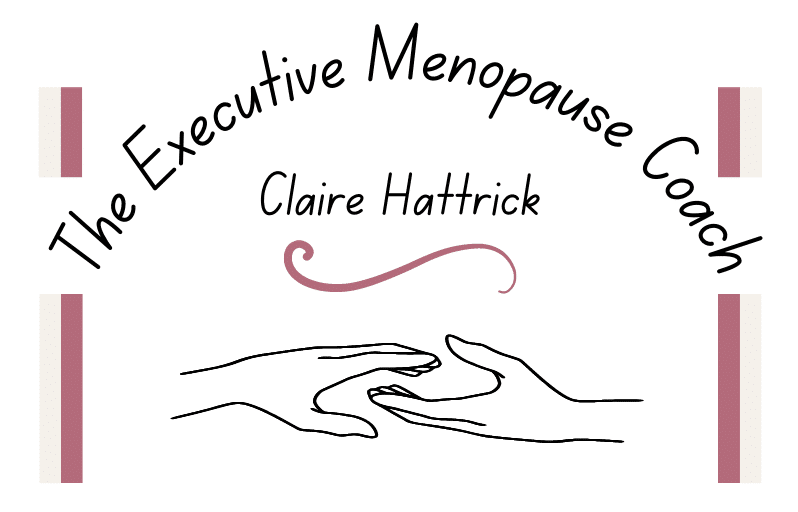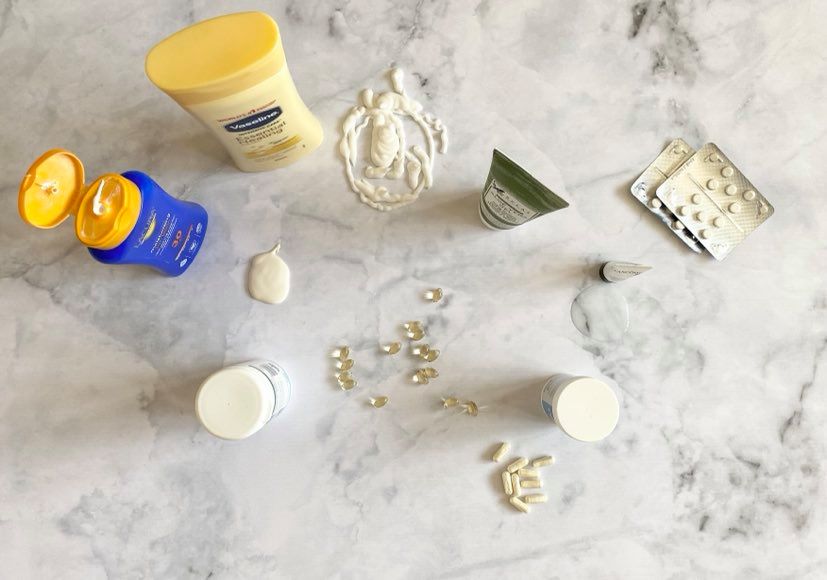Hormone changes that occur during the Menopause can cause lots of issues and another very common symptom is Menopause and Itchy Skin. This is also known as Pruritus and can start as early as the beginning of the Menopause (Perimenopause) and continues shortly after Menopause. With Oestrogen being related to the production of Collagen and the production of natural oils that keeps our skin moisturized, it is this that causes the skin to become thin and dryer and become itchy.
Please be aware that this blog post contains affiliate links and any purchases made through such links will result in a small commission for me (at no extra cost to you).
The most likely places on your body to become itchy are;
- Face
- Arms
- Legs
- Neck
- Chest
- Back
- Vagina
Menopause and Itchy Skin
Your skin can also start suffering from conditions you have never suffered with before, including acne, rashes, wrinkling and change in pigmentation. Some women may experience tingling or numbness and pins and needles and lots of women seem to suffer from ‘Formication’ which is a type of Paresthesia, which is a feeing of insects crawling up your skin!
Click here to read our blog on the 34 Symptoms of the Menopause!
What you can do;
- Speak to your GP if your symptoms persist or last for 3 or 4 days or more, they may take some blood to rule out any other conditions. Sometimes medical intervention is needed if your condition is unbearable, or the skin is red and inflamed.
- Keep your skin well moisturised and use a good quality moisturiser as this will hold on to any water on the skins outer layer and help stop the skin drying out.
- Use Aloe Vera or Calamine Lotion on any areas that are causing you discomfort.

- Vitamin C is incredibly important in the creation of collagen in the skin and aids skin repair and prevents itchy and dry skin too. A good quality supplement or eating foods with plenty of Vitamin C (most citrus fruits) is key.
- Some Herbal supplements like Maca Root and Dong Quai have been linked to aiding skin dryness too.
- HRT (Hormone Replacement Therapy) is quite popular in treating this condition and speaking to your GP might be a good idea to weigh up your options.
Preventing Itchy/Dry skin;
A few steps you can take to prevent or reduce your risk of dry/itchy skin are…
- Eating a healthy balanced diet and drinking lots of water to keep hydrated and the skin moisturised and supple.
- Taking good quality supplements has been shown to have great improvements on the skin, they include; Omega-3 fatty acids, Vitamin C, Primrose Oil and Collagen Peptides.
- Do not bath or shower in hot water as it takes the oils out of the skin, use lukewarm or cool water instead and do not use harsh soaps and perfumed products.
- Avoid smoking and alcohol which can both be very drying to the skin.
- Wear sun-cream daily if you are going outside.
- Take regular exercise.
- Get plenty of sleep.
Genital Itching;
With the skin around the Vagina thinning, many women notice they are prone to itching (Vaginal Itching is called Vulvar Pruritus) this may occur more often if you experience vaginal dryness. With lowering Oestogen levels this makes all the tissues around the Vagina and Vulva thinner and can make it very itchy and painful, it can also make sex more painful too. Always see your GP with any of these issues and of course any irregular bleeding.
Other factors to consider with Itchy and Dry Skin:
- Allergies
- Anxiety
- Hot Weather
- Cold Weather
- Smoking
- Alcohol
- Perfumed Products
- Eczema
- Psoriasis
Menopause and Itchy skin is quite common but in time may subside after the Menopause has ended, a few lifestyle changes can help the severity of the itching. There are many different home remedies and supplements you can try too, but always see your medical professional if you are unsure or the symptoms get worse.
If you enjoyed reading about Menopause and Itchy Skin you can read more of our blogs from The Menopause Lounge click here!
*DISCLAIMER*This page does not provide medical advice; it is intended for informational purposes only and is based upon my opinion and experiences. It is not a substitute for professional medical advice, diagnosis or treatment. Never ignore professional medical advice in seeking treatment because of something you have read on The Executive Menopause Coach website. Always seek professional medical advice.



Just wondering why there isn’t more things regarding hrt and breast cancer it’s hrt hrt but not much help when it comes to breast cancer remedies
Hi Lisa, breast cancer is being more and more spoken about on the menopause front! We have lots of natural remedies in our blog which help with some Womens symptoms that are suits me for everyone! As always I would always visit your GP to find the best remedies for you💕